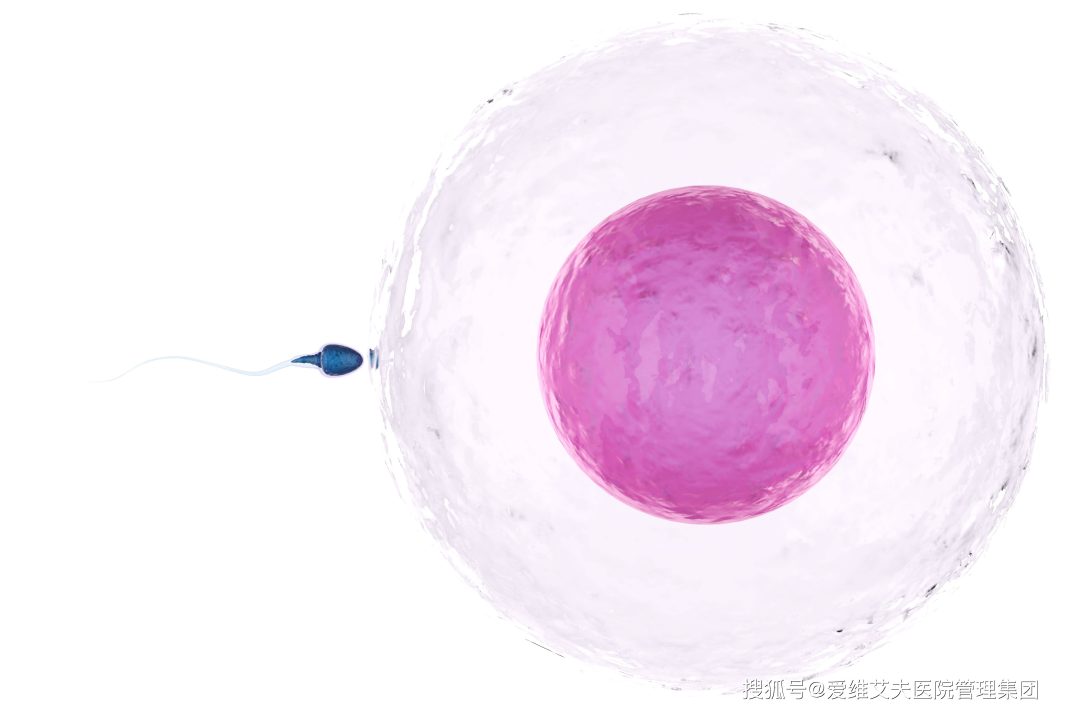It is necessary for sperm and egg to combine to form a fertilized egg, which then must implant in the woman’s uterine cavity to proceed with pregnancy.
However, if the sperm and egg fail to combine during fertilization due to issues with the sperm, egg, or immune factors, infertility may occur.
The failure of sperm and egg to combine is also known as “sperm-egg fertilization障碍,” and is usually described as a fertilization rate below 30% or a complete fertilization failure.
There are three reasons for the failure of sperm-egg combination.
For sperm and egg to combine, the sperm must first bind to the egg’s zona pellucida, triggering the acrosome reaction, and then penetrate the zona pellucida to fuse with the oolemma. Reasons for the failure of sperm-egg combination may include:
1. Sperm issues
The abnormal binding and penetration of the sperm’s zona pellucida is a common cause of fertilization failure, including the following six aspects:
① Sperm density and vitality are normal, but the acrosome reaction cannot be completed;
② Sperm lack the ability to activate the egg, and the substances carried by the sperm head do not meet the activation standards for the egg;
③ Significant sperm morphological defects: round-headed sperm syndrome;
④ Deaggregation of the sperm head;
⑤ Premature concentration of sperm chromatin;
⑥ Defects or obstacles in the formation of sperm aster, etc.
2. Egg issues
When sperm come into contact with the egg, the egg itself undergoes a series of activation changes: oocyte activation, which involves the cortical granule reaction, restoration and completion of meiosis, extrusion of the second polar body, and synthesis of proteins and enzymes necessary for fertilization.
However, if the egg is not activated or if the cortical granules do not rupture, fertilization failure can occur.
3. Immune issues
One common immune issue that leads to the failure of sperm and egg combination is the presence of antisperm antibodies. Both men and women can be affected by antisperm antibodies, which hinder the union of sperm and egg, leading to infertility.
In men, sperm and seminal plasma are considered specific antigens for women, and upon contact with the blood, both sexes may trigger an immune response, generating antibodies and causing fertilization failure.
Key point: How to conceive when sperm and egg do not combine?
Currently, infertility caused by the non-combination of sperm and egg can be addressed through second-generation IVF technology to achieve reproductive wishes.
Second-generation IVF technology (ICSI), also known as intracytoplasmic sperm injection, involves the laboratory embryologist selecting a morphologically normal sperm under a microscope after performing egg retrieval and sperm extraction, then injecting it into the cytoplasm of the egg to achieve the goal of fertilization.
For cases of sperm abnormalities, egg abnormalities, and immune abnormalities leading to the failure of sperm-egg combination, second-generation IVF technology is a relatively ideal solution.
It is particularly important to remind couples of reproductive age who have not conceived after a year of unprotected intercourse to seek advice from a specialized reproductive hospital to understand the causes of infertility. If there are issues with the non-combination of sperm and egg, and assisted reproductive technologies like IVF are needed, it is advisable to seek treatment as early as possible (generally recommended before 35 years old) to timely avoid the impacts of age on fertility.


